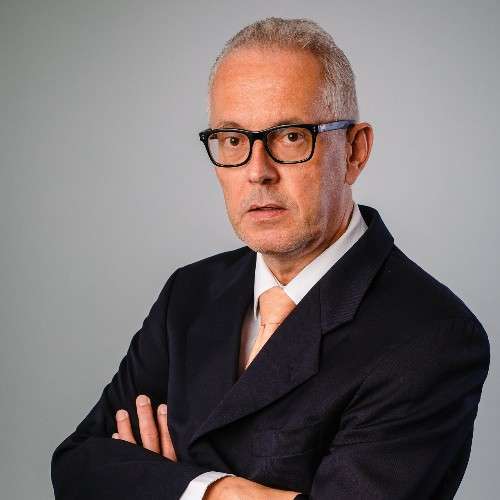Why Operators Need Smartphones to Monitor True Customer Experience
- Reading Time: 3 minutes
Let me tell you an anecdote from more than 18 years ago, back in 2004.
It was a time when mobile phones only featured voice, SMS, and some very basic data services – does WAP still ring a bell to some of you?
Back then, I was managing the interoperability test programs at a large network infrastructure supplier.
One day, I was faced with an interoperability issue when a new software release for the core network was implemented at one of my customers, a large CSP in Europe. Suddenly, several hundred thousand GSM-only mobile phones, all from the same supplier, stopped working – even though the monitoring tools used by the operator did not signal any alarms or misbehavior.
After some root cause analysis, we discovered that all these mobile devices had detached from the network upon receipt of an optional piece of signaling information, indicating the availability of a 3G-enabled radio cell.
Although the software release for the core network was 100% compliant with the 3GPP standards, whereas the UE (user equipment) was NOT, the CSP urged the infrastructure supplier to modify the software to make the 2G phones work again.
Time and technology have moved on. 2G is still in place in many countries, 3G is being phased out now, and we are seeing 4G and 5G networks taking over, including all flavors such as CSFB, VoLTE, and VoWiFi.

A more recent anecdote from 2021 also comes to mind. Technology had changed, but interoperability problems were still popping up every now and again.
A network operator in Europe was introducing VoLTE in the national network, and the service was monitored with active monitoring test systems. After the infrastructure supplier changed the software in the IMS, the network monitoring solution indicated a VoLTE service failure. However, all major smartphones being used by end consumers were working properly and able to set up and run VoLTE calls successfully. What caused this phenomenon?
We all know that 3GPP standards for 4G and 5G are less precise than they used to be for 2G and 3G, especially for SIP-based communication such as VoLTE. The analysis of the phenomena revealed that the core network of the operator (IMS), the monitoring tool and the Smartphones all behaved correctly, i.e., according to the 3GPP standard. The final conclusion, though, was to change the components of the monitoring tool to make it behave as the smartphones did.
What do both anecdotes have in common?
In both cases, the behavior of the UE set the “real standard,” independently of whether the implementation was right or wrong.
What is the main difference between both stories?
The mobile phone from 2004 was a plain GSM phone, not at all comparable with the smartphones we have today. In 2004, or even ten years later in 2014, when LTE was just on its way to being rolled out widely, network operators could rely on active and passive monitoring tools to ensure all their services work and have the right quality of service level.
Today, this is by far not enough. Quality of Experience (QoE) has become the key criteria for end customers, ranging from the seamless performance of their apps, including all types of messaging services, to superior voice quality in both public (VoLTE) and private (WiFi) places.
Therefore, active monitoring of network performance must also keep pace with this trend. The only way to measure true customer experience is by using real smartphones as the front end of an efficient active monitoring tool. In this way, operators not only monitor their services across different radio technologies but also get true insights into how their end users experience a service. In this way, network operators even can differentiate performance based on different smartphone types, firmware levels, and applications.
True end-user experience testing is an essential part of SEGRON`s DNA. With our products ATF (Automated Testing Framework), iDA (Intelligent Device Automation) and GSE (Global Service Enabler), we have a powerful portfolio to enable CSPs to test anywhere, with any device, at any time.
Get in touch, and let’s talk about how SEGRON can support you in optimizing your QoE monitoring.
Categories
Tags

Markus Zimmermann
Recent Posts
Interested in our Products ?



